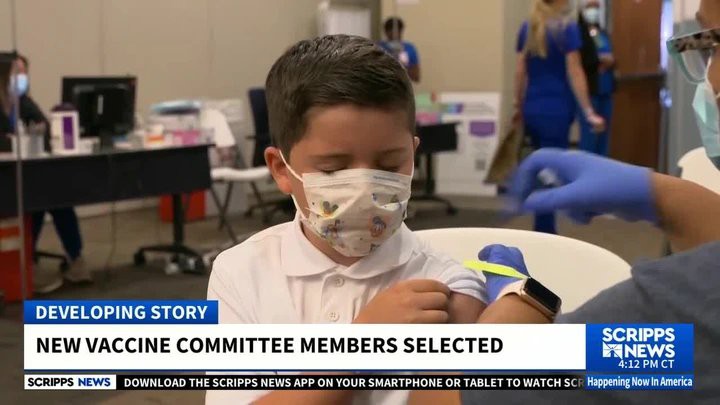In a bold and controversial move, U.S. Health Secretary Robert F. Kennedy Jr. has dismissed all 17 members of the CDC’s vaccine advisory committee and replaced them with a newly selected panel of eight individuals, sparking concerns among public health experts.
Diaspora Digital Media (DDM) reports that this sudden restructuring of the Advisory Committee on Immunization Practices (ACIP) marks a dramatic shift in federal vaccine policy direction, particularly due to the background of the new appointees.
Among the new members is Dr. Robert Malone, a longtime ally of Kennedy and a figure known for promoting unproven COVID-19 treatments and conspiracy theories surrounding the virus’s origin.
Also appointed is Dr. Martin Kulldorff, an epidemiologist widely known for co-authoring the Great Barrington Declaration, which criticized COVID-19 lockdowns and advocated for herd immunity strategies that drew sharp rebukes from mainstream scientific institutions.
Public health commentator and physician Dr. Omer Awan, in an interview with Scripps News, expressed grave concerns over what this change could mean for national vaccination policy and public safety.
“I think there are definite conflicts of interest here,” Awan stated. “Some of these people on the panel are known vaccine skeptics.”
He highlighted the outspoken positions some of the appointees have taken against mRNA vaccine technology and mask mandates during the pandemic, warning that the new panel may steer discussions toward anti-vaccine rhetoric.
According to Awan, the consequences could be far-reaching, particularly for marginalized and vulnerable populations who already face limited access to healthcare.
“Vaccines will be harder to get for people, especially those that can’t afford them or are vulnerable,” he said.
Awan warned that not only COVID-19 vaccines could be affected, but also the entire childhood immunization schedule, which is overseen by ACIP.
“All vaccines could be in jeopardy,” he said, adding that any change to dosage schedules, approval statuses, or timing could introduce confusion and mistrust.
The ACIP plays a central role in determining national vaccine guidance, including immunization requirements for children across the United States, covering diseases like measles, pertussis, diphtheria, and more.
“If they change these vaccines, then I’m afraid we’ll see more vaccine hesitancy and more childhood diseases that are entirely preventable,” Awan warned.
While the Kennedy administration has not officially commented in detail on the panel’s reshuffling, the decision appears to align with RFK Jr.’s long-standing skepticism toward vaccines, a stance that has drawn heavy criticism from the scientific and medical communities.
Public health experts argue that political interference in advisory panels like ACIP risks undermining decades of progress in immunization programs and could open the door to vaccine misinformation influencing federal health policy.
As the new advisory panel begins its work, observers both in the U.S. and globally are watching closely to see how vaccine recommendations may shift, and what it will mean for national and international public health.
More updates will follow as DDM continues to monitor the developments.







